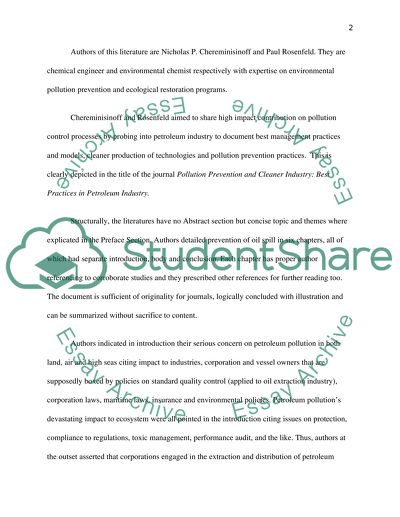Cite this document
(“PETROLEUM POLLUTION IN INTERNATIONAL WATERS -(THE ROLE OF Literature review”, n.d.)
Retrieved from https://studentshare.org/other/1425586-petroleum-pollution-in-international-waters-the
Retrieved from https://studentshare.org/other/1425586-petroleum-pollution-in-international-waters-the
(PETROLEUM POLLUTION IN INTERNATIONAL WATERS -(THE ROLE OF Literature Review)
https://studentshare.org/other/1425586-petroleum-pollution-in-international-waters-the.
https://studentshare.org/other/1425586-petroleum-pollution-in-international-waters-the.
“PETROLEUM POLLUTION IN INTERNATIONAL WATERS -(THE ROLE OF Literature Review”, n.d. https://studentshare.org/other/1425586-petroleum-pollution-in-international-waters-the.


